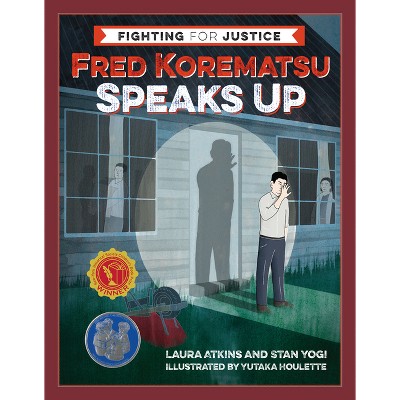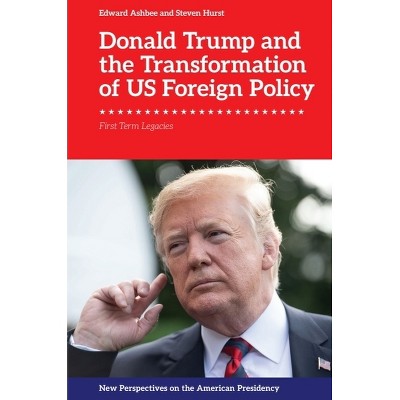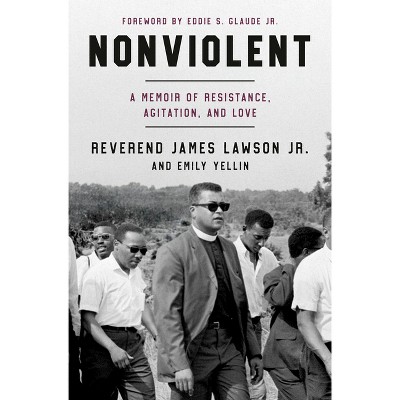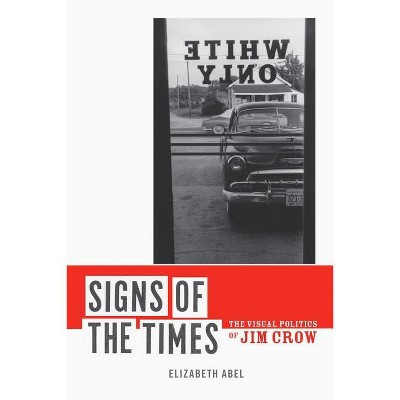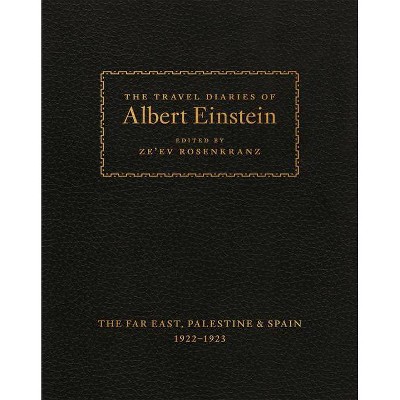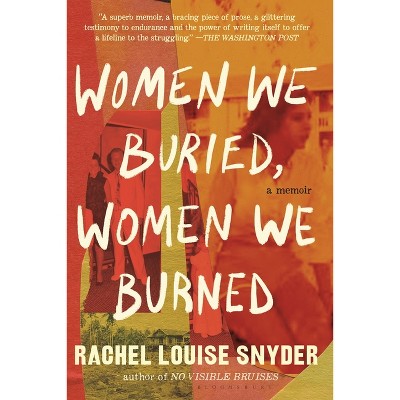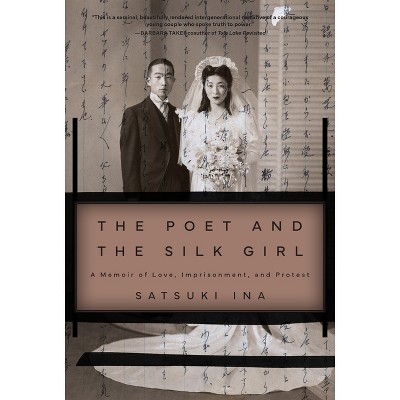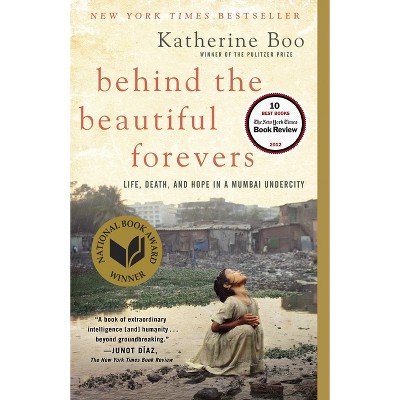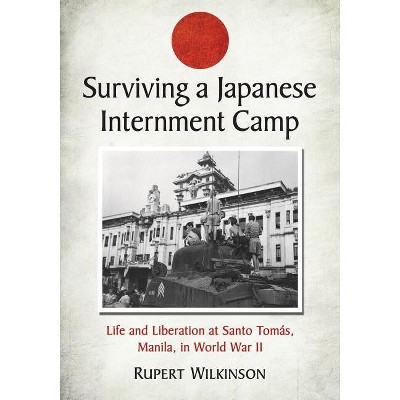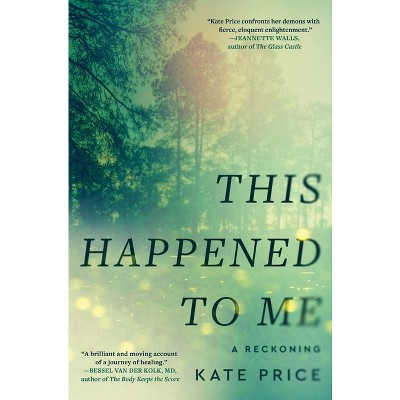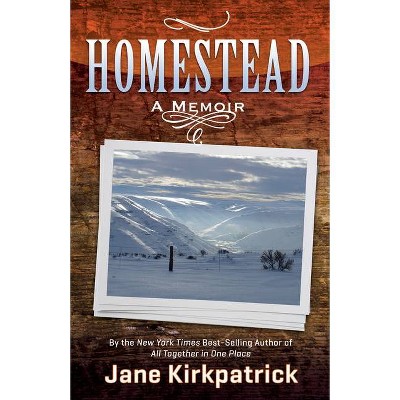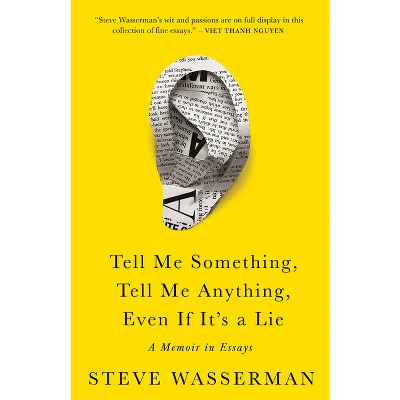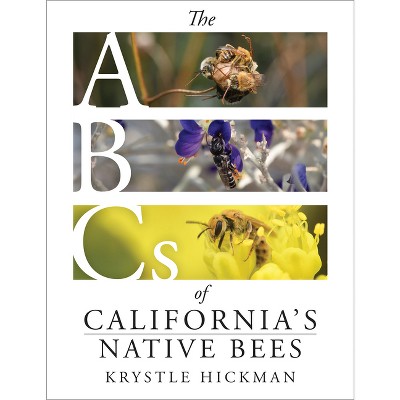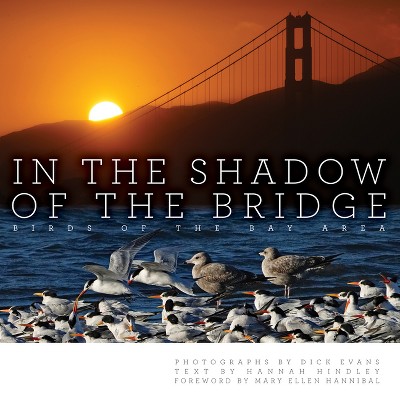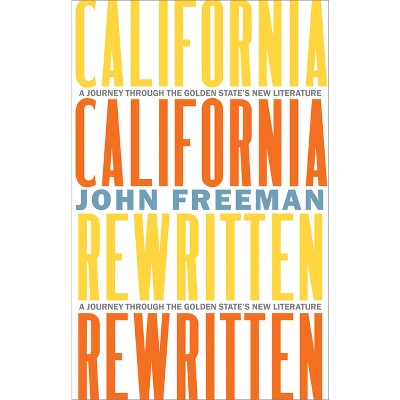Sponsored

Only What We Could Carry - by Lawson Fusao Inada (Paperback)
In Stock
Sponsored
About this item
Highlights
- The definitive anthology of Japanese American internment.
- About the Author: Lawson Fusao Inada is regarded by many as the poet laureate of Japanese America.He is co-editor of Aiiieeeee!
- 464 Pages
- History, United States
Description
About the Book
The searing first-hand recollections of WWII Japanese-Americans exiled in their own country (now over 100,000 sold) wth a newcover and price increase and no content changesBook Synopsis
The definitive anthology of Japanese American internment.
"In these stories are lifted up our humanity, our indomitable spirit and dignity, an implacable quest for justice"-Janice Mirikitani
Shortly after the Japanese attacked Pearl Harbor, the United States government uprooted 120,000 people of Japanese descent from their homes and banished them to remote internment camps. This collection of reminiscences, stories, poems, photographs, and graphic art expresses the range of powerful and sometimes conflicting emotions that arose from the internment experience. Also included are propaganda, government documents, and stories of those outside the camps whose lives were interwoven with those of the internees.
Review Quotes
"A thoughtful and provocative collection."-San Francisco Chronicle
"Only What We Could Carry gives us yet another way of looking at an American tragedy. ... Above all, it is a collection of documents which, together, are a testament to the human spirit."--Roger Daniels, Charles Phelps Taft Professor of History, University of Cincinnati
"Only What We Could Carry gathers together the voices of interment--private, personal stories that could have been lost, but will now be heard and felt. It's as if we have a seat at a family dinner, listening to stories passed down from one generation to another, feeling the pain and the spirit of hope."--David Mas Masumoto, author of Harvest Son: Planting Roots in American Soil
"Contained in these pages are what we have carried...in these stories are lifted up our humanity, our indomitable spirit and dignity, an implacable quest for justice to redeem the crimes committed against an entire race-indeed an entire nation."--Janice Mirikitani, former Poet Laureate of San Francisco, author of We the Dangerous and Shedding Silence
"Conveys the deep anguish felt by Japanese who defined themselves as citizens of the United States and yet lost their rights as citizens during a time of national fear."--School Library Journal
"The presence of such a volume inspires historical and moral reflection on both the delicate construction of individual liberty and the ambiguities of national identity."--Doubletake
An insightful, touching, often disturbing look at the internment experience ... A must-have component of any collection on the Japanese American experience."--Western Historical Quarterly
About the Author
Lawson Fusao Inada is regarded by many as the poet laureate of Japanese America.He is co-editor of Aiiieeeee!(1983) and The Big Aiiieeeee! (1991) and author of Legends from Camp (1992) and Drawing the Line (1997). Inada is a multiple recipient of NEA Poetry Fellowships and has read his works at the White House. He has been Professor of English at Southern Oregon State College since 1966.
Patricia Wakida's published books, essays, stories, and poetry include: Only What We Could Carry: The Japanese American Internment Experience, Generations Experience; A Japanese American Community Portrait, Letters of Intent, the San Francisco Bay Guardian, Nikkei Heritage, Kyoto Journal, Santa Barbara Review, and the International Quarterly.
William Hohri is a Nisei born in San Francisco in 1927. He was interned at the Manzanar camp during his high school years and graduated from the University of Chicago after the war. He is the author of Repairing America: An Account of the Movement for Japanese-American Redress (1988) and was a columnist for the Rafu Shimpo newspaper.
Shipping details
Return details
Discover more options
